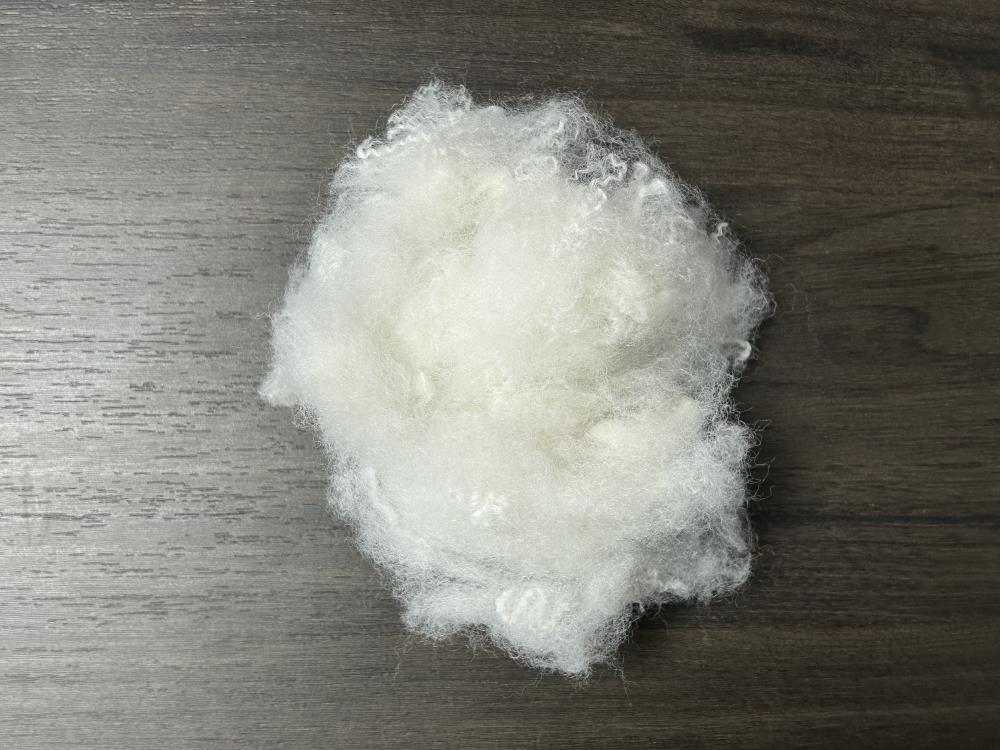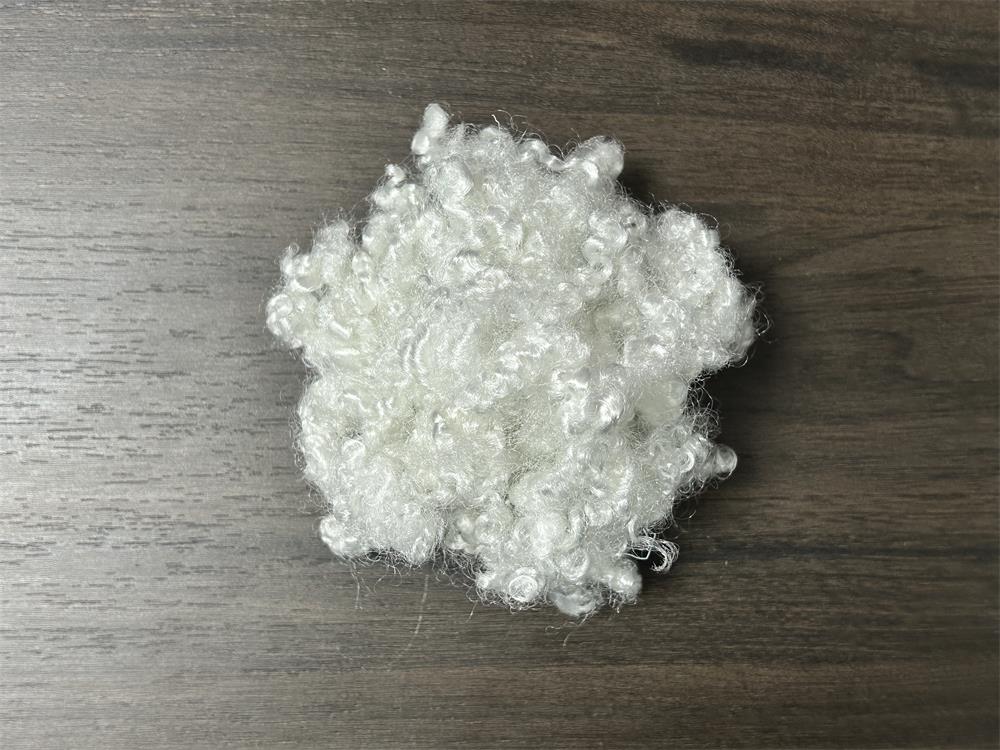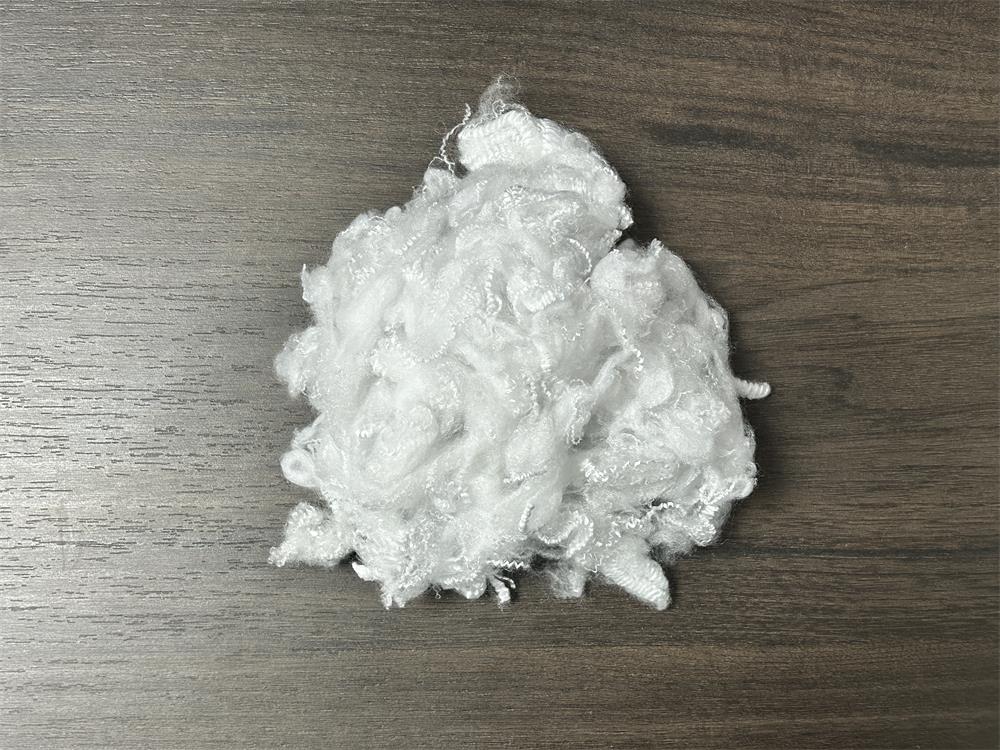Introduction to the contribution of recycled polyester fiber to environmental protection:
In recent years, the fashion industry has witnessed a major shift towards sustainability, with a variety of innovative materials and practices emerging to reduce its environmental footprint. One notable contribution comes from recycled polyester, a game changer in the quest for a greener future, a material that not only revolutionizes the way we approach fashion but also makes a significant contribution to environmental protection.

On the rise of recycled polyester:
Traditionally, polyester is a widely used synthetic fiber associated with environmental concerns due to its reliance on non-renewable resources and energy-intensive production processes. However, the introduction of recycled polyester has changed this narrative, repurposing post-consumer plastic waste such as PET bottles into high-quality polyester fibre.
One of the contributions of recycled polyester fiber to environmental protection: reducing plastic pollution:
Recycled polyester plays a vital role in solving the global plastic pollution problem. By diverting plastic waste from landfills and oceans, this sustainable material helps mitigate the negative impacts of plastic on ecosystems and wildlife. The recycling process not only cleans the environment but also saves valuable resources that would otherwise be used to produce virgin polyester.

One of the contributions of recycled polyester fiber to environmental protection: energy and resource saving:
The production of recycled polyester requires significantly less energy and resources than traditional polyester manufacturing. The extraction of virgin polyester raw materials such as crude oil is resource intensive and results in greenhouse gas emissions. In contrast, recycled polyester minimizes these impacts by utilizing existing materials, resulting in a reduced carbon footprint and a more circular approach to textile production.
One of the contributions of recycled polyester fiber to environmental protection: saving water:
The production of recycled polyester also addresses water scarcity, a pressing issue facing many textile manufacturing regions. Traditional polyester manufacturing requires large amounts of water from raw material extraction to dyeing and finishing processes. For recycled polyester, the emphasis on using existing materials helps conserve water and minimize the environmental impact associated with water-intensive textile production.

One of the environmental contributions of recycled polyester: closing the loop:
Recycled polyester aligns with the principles of the circular economy, which emphasizes the importance of recycling, reusing and reducing waste. By closing the life cycle of polyester, this sustainable alternative helps create a more sustainable and regenerative fashion industry. Consumers are increasingly recognizing the value of recycled polyester as a responsible choice, encouraging brands to include it in their product ranges.

Conclusion on the contribution of recycled polyester fiber to environmental protection:
As the fashion industry grapples with its impact on the environment, recycled polyester has become a beacon of hope. Its ability to repurpose plastic waste, conserve energy and resources, and foster a circular economy makes it a key player in the pursuit of sustainable development. By choosing products made from recycled polyester, consumers can actively support ongoing efforts to create a more environmentally aware and responsible fashion industry.
Post time: Feb-26-2024
